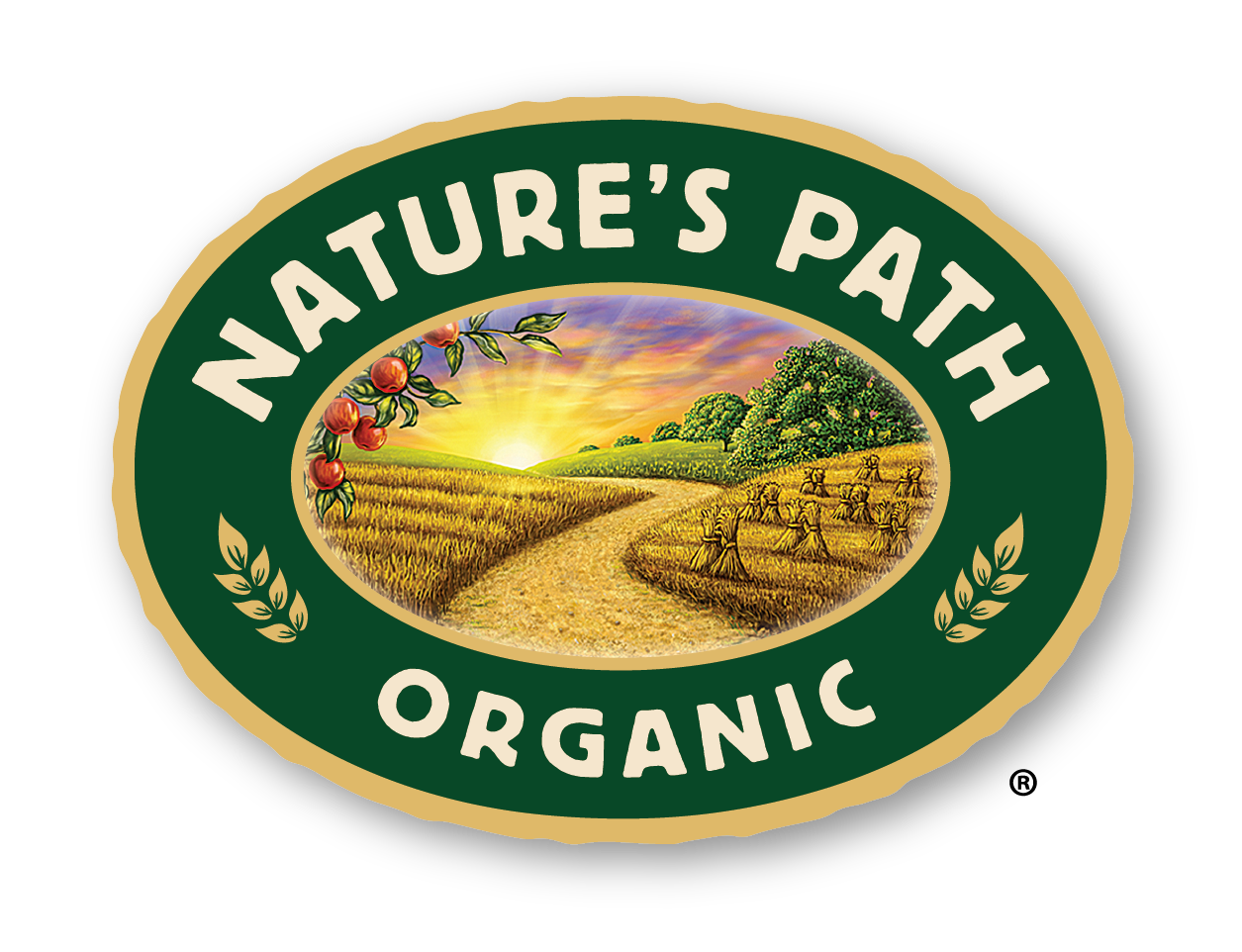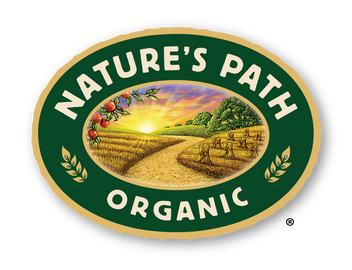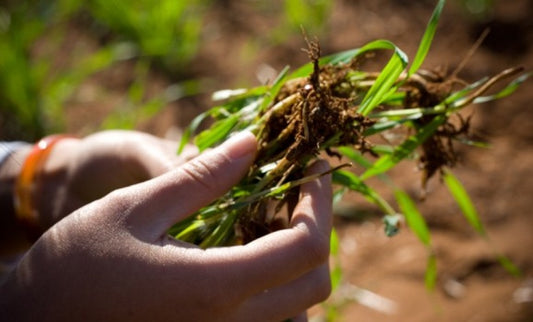1. Compare Prices.
Compare prices to see where you can save. In some magical cases, organic food can be the same or even less than conventional counterparts. Honey, carrots and maple syrup are some examples that may actually save you money, depending on where you shop.
2. Shop Online.
Shopping online is not only convenient, but it may save you money rather than buying at your local health food store. Bulk items, like coconut oil, nuts and grains may be best obtained via a few clicks. You can save your recyclable shopping bags for your produce.3. Go to Your Local Farmers Market.
Farmer's markets, baby! In some cases, farmer’s markets have been found to be 40 per cent cheaper than their grocery store counterparts due to the loss of overhead. Plus, the fact that you will be carrying your goods for longer will keep you from impulse shopping. Blueberry season excluded. If you've never been to the farmer's market, here are are some tips for a successful trip.
4. Use Coupons.
Be a modern coupon clipper. Join your favourite brands’ social media channels and mailing lists. They will be sure to mail you with promotions and offers. Do the same thing with your supermarket, which will have online organic offers, likely every week.5. Buy Now, Freeze for Later.
When produce gets unexpectedly cheap, or it is in season and plentiful, buy what you love in bulk. Preparing your produce for freezing will make your health-conscious lifestyle stretch, without needing to stretch your budget.6. Buy in Bulk.
Bulk dispensers are your friend. If flax and chia seeds have begun to make regular appearances in your fridge, check them out in the bulk food bin of your local grocery store, which can offer a major discount from the pre-bagged seeds.
7. Preserve Your Produce.
Keep the produce you buy from going rancid. We may have the best of intentions, but still find ourselves throwing out wilted refrigerator greens every week. Research how to keep your produce, nuts and flours in peak condition for as long as possible and at the very least, you will be using what you buy. You can even try canning as a preservation method.8. Grow Your Own Organic Food.
This may not always be possible with limited square footage, but you can definitely grow your own herbs. If you like the fresh stuff, growing a few potted plants will save you some dough in the long run (and make your place smell fantastic, even if you forget to take out your garbage for a few days). If you're keen on growing your own organic garden, here's a full guide to growing organically.Would you like to be the first to hear about our new products and more? Sign up for our Nature’s Path Newsletter.








